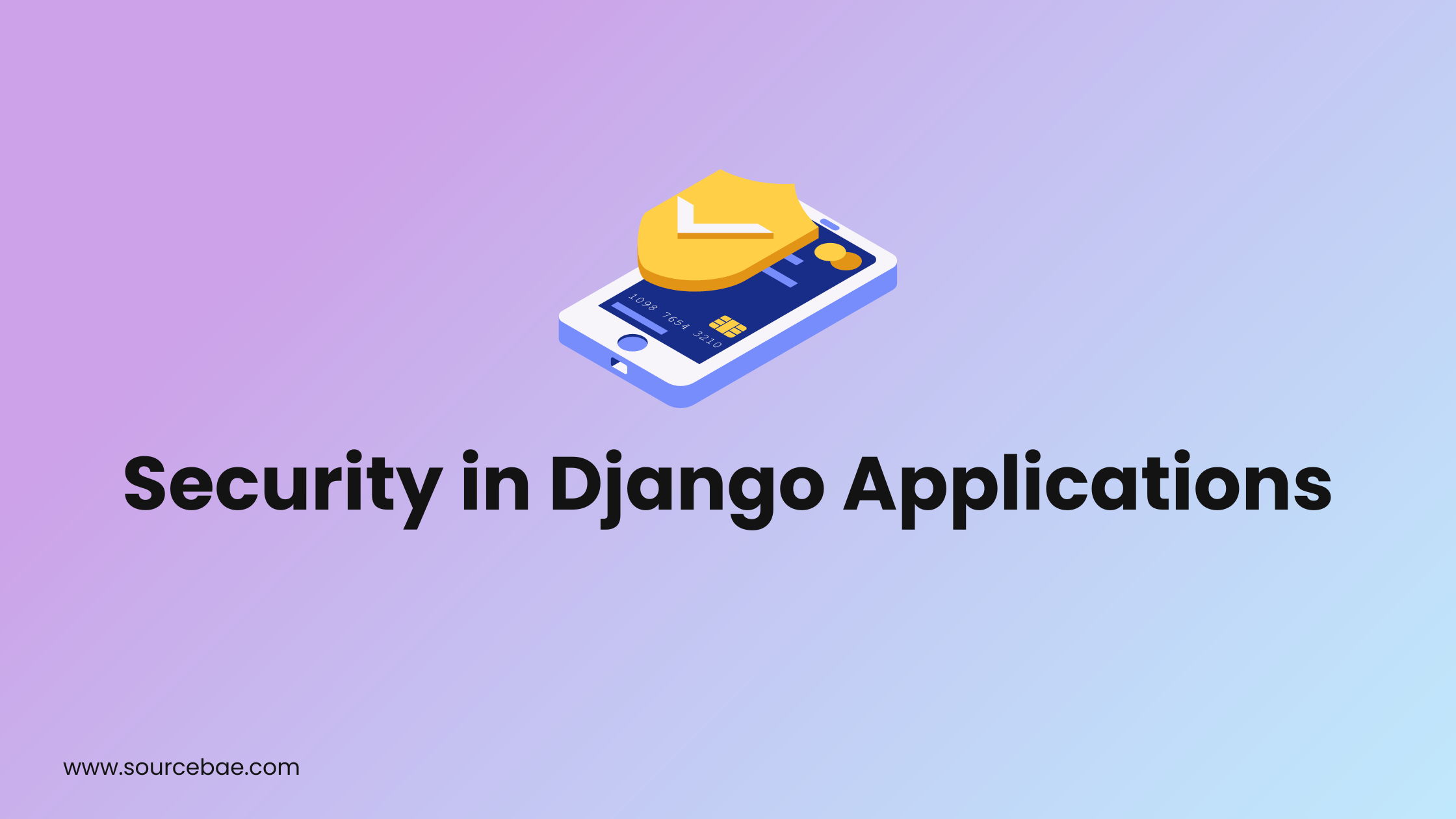In the realm of web development, security is paramount. With the rapid growth of online services and applications, ensuring the safety of user data and sensitive information has become more critical than ever.
Django, a high-level Python web framework, provides a robust foundation for building secure web applications.
This article delves into the various facets of security in Django applications, offering insights, best practices, and expert guidance to help you safeguard your projects effectively.
Security in Django Applications: A Comprehensive Overview
Understanding Django Security Fundamentals
To lay a strong foundation for secure Django applications, it’s essential to comprehend the fundamental concepts of security. Django provides built-in features that mitigate common security vulnerabilities such as SQL injection, cross-site scripting (XSS), and cross-site request forgery (CSRF). Leveraging these features empowers developers to build applications with enhanced protection against these threats.
Authentication and Authorization: Shielding User Data
Authentication and authorization are key components of Django application security. Properly implementing user authentication ensures that only authorized individuals can access sensitive data. Django’s authentication system provides customizable user models, password hashing, and session management, bolstering the security of user accounts.
Securing Database Interactions
Databases store critical application data, making them susceptible to attacks. Django mitigates database vulnerabilities through its Object-Relational Mapping (ORM) layer, which prevents SQL injection attacks by automatically escaping user inputs. Additionally, Django’s migration system assists in maintaining a secure database schema.
Protecting Against Cross-Site Scripting (XSS) Attacks
XSS attacks involve injecting malicious scripts into web pages, endangering user data. Django’s template system employs auto-escaping to prevent these attacks. By rendering user inputs as safe HTML, the template system thwarts unauthorized script execution.
Preventing Cross-Site Request Forgery (CSRF) Vulnerabilities
CSRF attacks manipulate user sessions to perform unauthorized actions on behalf of the user. Django provides built-in protection against CSRF attacks by generating unique tokens for each user session, ensuring that only legitimate requests are processed.
Content Security Policy (CSP) Implementation
Implementing a Content Security Policy (CSP) enhances web application security by mitigating risks associated with code injection attacks. By defining allowable content sources, developers can prevent malicious scripts from executing on their web pages.
Input Validation and Sanitization
Inadequate input validation can lead to security breaches. Django encourages input validation by providing form validation and sanitization tools. By validating and sanitizing user inputs, developers can prevent malicious data from compromising their applications.
Leveraging HTTPS for Secure Communication
Secure communication is essential for protecting sensitive data during transmission. Django supports HTTPS integration, enabling developers to encrypt data between the user’s browser and the server, thwarting eavesdropping and data interception.
Third-Party Library Vigilance
While third-party libraries can expedite development, they can also introduce vulnerabilities. Regularly updating and monitoring these libraries for security patches is crucial to prevent potential exploits.
Handling Sensitive Data
Proper handling of sensitive data, such as passwords and API keys, is pivotal in Django application security. Utilizing encryption mechanisms, secure storage, and access controls ensures that sensitive information remains protected.
Comprehensive Logging and Monitoring
Effective logging and monitoring mechanisms allow developers to detect and respond to security breaches promptly. Django offers logging utilities that capture relevant information for analysis, aiding in identifying and mitigating potential threats.
FAQs
Q: How frequently should I update my Django application’s dependencies?
A: Regularly updating dependencies is essential to ensure you’re using the latest security patches. Conduct updates at least once every few months or whenever security vulnerabilities are discovered in your dependencies.
Q: Can I implement custom security measures in addition to Django’s built-in features?
A: Absolutely. While Django provides strong security foundations, you can always implement additional security measures tailored to your application’s unique requirements.
Q: What is the role of a security middleware in Django?
A: A security middleware in Django acts as a filter that intercepts requests and responses, allowing you to apply security-related transformations, checks, or logging before they reach the view.
Q: How can I protect my Django application from brute force attacks?
A: Implement measures such as account lockouts, CAPTCHAs, and rate limiting to prevent brute force attacks. Additionally, Django provides libraries like django-axes that help in mitigating such attacks.
Q: What steps can I take to secure user sessions in my Django application?
A: To secure user sessions, use Django’s built-in session management features and configure them to use secure cookies. Additionally, consider implementing two-factor authentication for added protection.
Q: Is Django suitable for building highly secure applications, such as financial platforms?
A: Yes, Django’s robust security features and active development community make it suitable for building highly secure applications, including those in the financial sector.
Conclusion
Security is an ongoing journey in the world of web development, especially when it comes to Django applications. By understanding and implementing the security measures discussed in this article, you can ensure that your Django projects remain resilient against potential threats. Remember, a proactive approach to security not only safeguards your users’ data but also enhances your application’s credibility and user trust.





